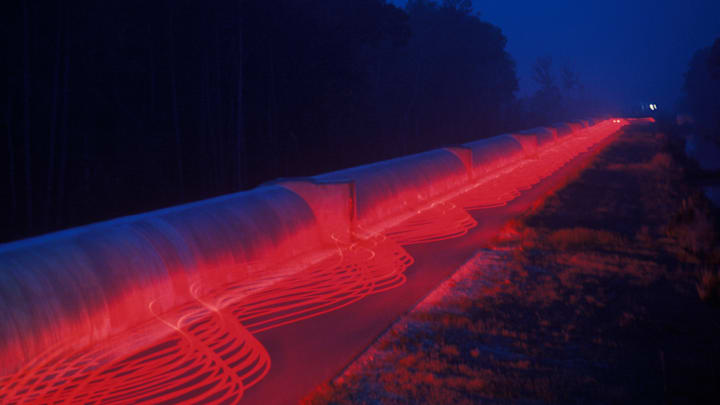The Detection of Gravitational Waves: A New Era in Astrophysics

The detection of gravitational waves has revolutionized our understanding of the universe, offering a new way to observe cosmic events and phenomena. First predicted by Albert Einstein in 1916 as part of his general theory of relativity, gravitational waves are ripples in spacetime caused by the acceleration of massive objects, such as merging black holes or neutron stars.
In 2015, the Laser Interferometer Gravitational-Wave Observatory (LIGO) made the groundbreaking discovery of gravitational waves from the merger of two black holes, marking the first direct observation of these elusive phenomena. Since then, LIGO, along with the Virgo interferometer in Europe, has detected multiple gravitational wave events, providing valuable information about the properties of black holes, neutron stars, and other extreme cosmic objects.
The detection of gravitational waves offers several advantages for astrophysics. Unlike electromagnetic waves (such as light), which can be obscured by intervening matter, gravitational waves pass through objects with minimal interaction. This allows astronomers to observe events that are otherwise hidden or difficult to study through traditional means. For example, gravitational waves from neutron star mergers have been associated with gamma-ray bursts and kilonovae, providing new insights into these explosive events and the synthesis of heavy elements.
Gravitational wave astronomy also promises to answer fundamental questions about the nature of gravity, the formation of compact binary systems, and the structure of spacetime. Ongoing and future experiments, including the planned space-based observatory LISA (Laser Interferometer Space Antenna), will further expand our ability to detect and analyze gravitational waves, offering new perspectives on the universe.
In conclusion, the detection of gravitational waves has opened a new era in astrophysics, enabling the study of cosmic phenomena that were previously inaccessible. As gravitational wave observatories continue to advance, they will enhance our understanding of the universe and reveal new and exciting discoveries.